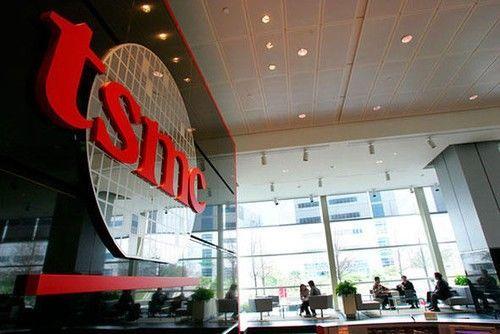According to the "Global Economics Reporter Wang Huan," as reported by the Japanese newspaper Nihon Keizai Shimbun on December 10th, Liu De-yin, CEO of Taiwan Semiconductor Manufacturing Company (TSMC), the world's largest semiconductor foundry, announced on December 7 that Japan plans to invest over $20 billion in next-generation semiconductors with a 3-nanometer line width. This investment highlights the growing competition in the global semiconductor industry, with TSMC positioning itself ahead of competitors like South Korea's Samsung Electronics.

Data Map
Liu De-yin shared this information during a speech in Hsinchu, northern Taiwan, on the afternoon of the 7th. Currently, 10-nanometer chips are among the most advanced in devices like Apple’s new iPhone. The company is set to begin mass production of 7-nanometer chips in 2018, with 3-nanometer technology expected to follow by 2022. TSMC is the only company currently working on 3-nanometer projects, with a new factory under construction in Tainan.
Semiconductors can be broadly divided into memory chips for data storage and logic chips for computing tasks. TSMC primarily focuses on logic semiconductors, which are widely used in smartphones. The company anticipates a significant rise in demand for artificial intelligence (AI) and data center applications once 7-nanometer chips go into mass production in 2018.
In the semiconductor industry, reducing the circuit line width is essential for lowering costs and improving performance. However, smaller lines also increase manufacturing complexity and drive up the cost of production equipment. For instance, ASML, the Dutch manufacturer of ultraviolet photolithography (EUV) equipment, sells machines that cost over 100 million euros each. These high costs underscore the technological challenges and financial commitments required to stay at the forefront of chip innovation.
The global race for advanced semiconductors is intensifying, with major players like TSMC, Samsung, and even Japan investing heavily in cutting-edge technologies. As the demand for faster, more efficient chips continues to grow across industries—from consumer electronics to AI and cloud computing—companies must keep pushing the boundaries of what's possible. TSMC's move into 3-nanometer production not only strengthens its competitive edge but also signals a broader shift toward next-generation semiconductor capabilities worldwide.
Heat Sink Material,Gold Plated Alloy,Gold Plated Turned Parts,Molybdenum Sheet Metal
Shaanxi Xinlong Metal Electro-mechanical Co., Ltd. , https://www.cnxlalloys.com